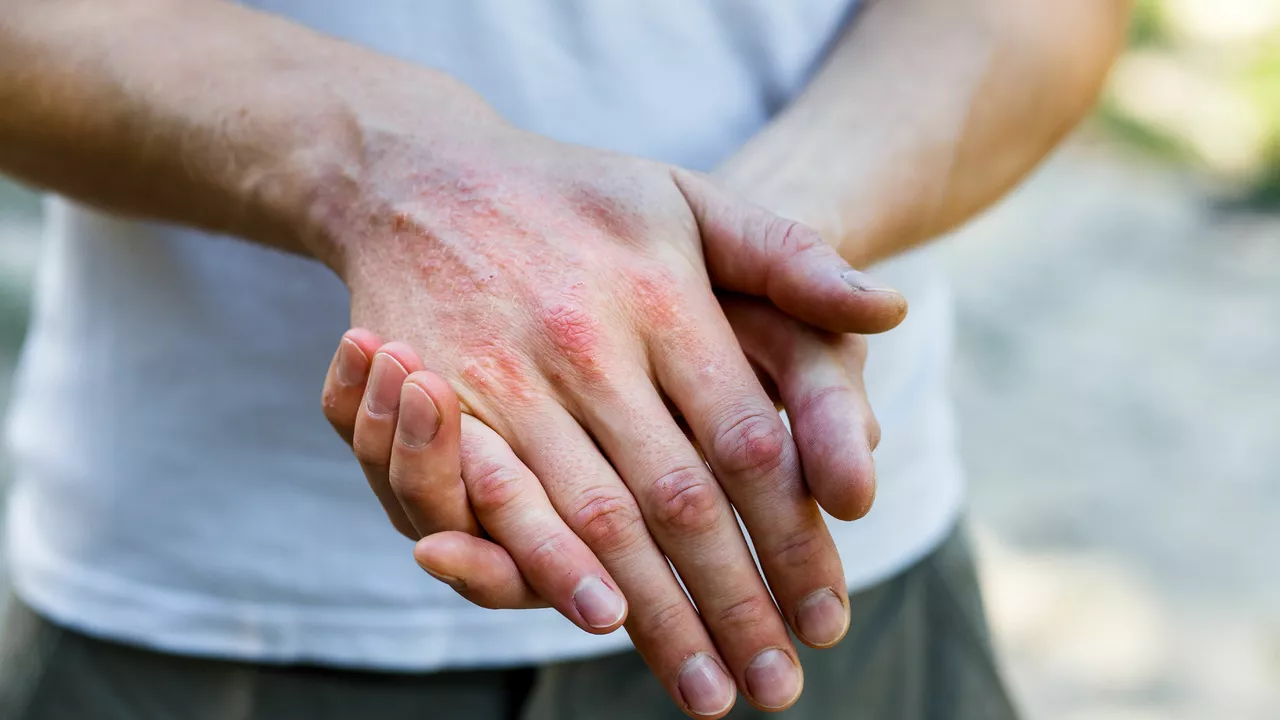Cetirizine: Your Everyday Allergy Helper
If sneezing, itchy eyes or a runny nose keep ruining your day, cetirizine might be the answer. It’s an over‑the‑counter antihistamine that blocks histamine—the chemical behind most allergy symptoms. In plain terms, it stops your body from reacting to pollen, pet dander, dust mites and similar triggers.
One of the biggest draws? You can take it once a day and still feel relief for 24 hours. That means fewer pills, less hassle, and more time enjoying life instead of counting doses.
How to Take Cetirizine Correctly
The standard adult dose is 10 mg (usually one tablet) once daily. Kids aged 6‑11 typically need half that—5 mg. If you’re under six, talk to a doctor before giving it.
Take the pill with or without food; it doesn’t matter much. However, some people notice a little drowsiness if they take it on an empty stomach, so a light snack can help.
If you miss a dose, just take it as soon as you remember—unless it’s almost time for your next one. In that case, skip the missed tablet and stay on schedule. Never double‑up; more isn’t better and could increase side effects.
Common Side Effects (And When to Worry)
Most users feel fine, but a few experience mild drowsiness, dry mouth, or headache. These usually fade after the first day as your body adjusts.
If you notice severe dizziness, rapid heartbeat, swelling of the face or throat, or trouble breathing, stop taking cetirizine right away and seek medical help. Those signs suggest an allergic reaction to the medication itself—a rare but serious situation.
Pregnant or nursing moms should check with a healthcare provider before starting cetirizine. The drug is generally considered safe, but professional guidance ensures you’re making the best choice for you and your baby.
Tips to Maximize Relief
- Combine with environmental control: Keep windows closed during high pollen days, use HEPA filters, and wash bedding weekly.
- Stay hydrated: Drinking water can ease dry mouth, a common side effect.
- Avoid alcohol: Mixing booze with cetirizine can boost drowsiness.
- Watch the clock: If you need to drive or operate machinery, take your dose when you’re sure it won’t make you sleepy—usually after a night’s rest.
Remember, cetirizine works best when you start it before symptoms hit hard. If you know you’ll be outdoors during allergy season, pop the tablet in the morning and let it do its job all day.
When Cetirizine Might Not Be Right For You
If you have severe liver or kidney disease, your doctor may adjust the dose or suggest an alternative. Also, certain prescription meds—like some antidepressants or anti‑seizure drugs—can interact with cetirizine, so always list all medicines you’re taking.
For those who find even mild drowsiness troublesome, newer antihistamines like loratadine or fexofenadine may be a better fit. Talk to your pharmacist about the options.
Bottom line: cetirizine is a simple, fast‑acting tool for most allergy sufferers. Use it as directed, keep an eye on side effects, and pair it with sensible lifestyle habits. You’ll likely notice clearer sinuses, calmer eyes, and fewer sneezes—letting you get back to the things you love without constantly reaching for tissues.
Antihistamines can affect blood pressure differently depending on the type. Second-generation options like loratadine and cetirizine are safe for hypertensive patients, while first-gen drugs and combo products with decongestants pose real risks. Learn what to avoid and how to monitor safely.
Jan, 14 2026
In my recent exploration, I delved into whether cetirizine, commonly known as an antihistamine, can aid in alleviating eczema symptoms. It turns out, cetirizine can indeed help reduce itching, a common symptom of eczema, by blocking histamine - a compound responsible for triggering itchiness. However, it's not a cure-all and won't directly treat the inflammation associated with eczema. It's always best to consult with a healthcare provider before starting any new medication. So, while cetirizine may offer some relief, it's only a part of the broader eczema treatment picture.
Jul, 16 2023


